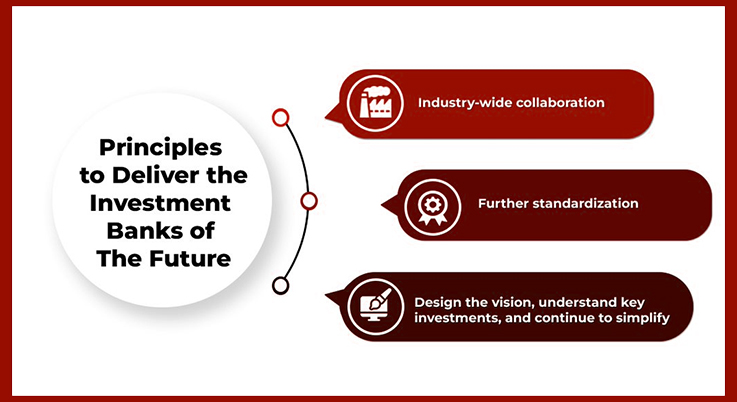In the wake of technological advancements, the transformative potential of blockchain innovations has emerged as a powerful catalyst for fostering social equality and inclusivity. By redefining traditional paradigms and reshaping societal dynamics, blockchain technology has paved the way for a more just and equitable global landscape, transcending geographical boundaries and bridging the gap between marginalized communities and transformative opportunities. Through its decentralized and transparent framework, blockchain has revolutionized the way social initiatives are conceptualized, implemented, and sustained, ushering in a new era of empowerment, collaboration, and collective progress.
Empowering Marginalized Communities through Accessible Solutions
At the heart of blockchain’s impact lies its ability to empower marginalized communities by providing accessible and inclusive solutions that transcend traditional barriers to entry. By leveraging blockchain-based platforms and decentralized applications, individuals from underserved and underrepresented demographics gain unprecedented access to financial services, educational resources, and socioeconomic opportunities, fostering a more equitable and inclusive ecosystem that prioritizes diversity, empowerment, and community-driven progress.
Cultivating Trust and Transparency within Social Systems
Blockchain’s inherent characteristics of transparency and immutability have revolutionized the landscape of social systems by cultivating a culture of trust and accountability. Through its decentralized ledger system, blockchain ensures that every transaction and interaction is securely recorded and accessible to all stakeholders, eliminating the risk of fraudulent practices and fostering a culture of transparency within social initiatives, philanthropic endeavors, and community-driven projects. This transparency instills confidence, fosters collaborative engagement, and bolsters the collective pursuit of social equality and sustainable development.
Driving Collaborative Social Impact Initiatives
The collaborative nature of blockchain ecosystems has spurred the emergence of diverse social impact initiatives and cross-sector partnerships that prioritize collective progress and sustainable development. Through blockchain-enabled platforms, nonprofits, governmental organizations, and private enterprises collaborate seamlessly to address pressing societal challenges, ranging from healthcare disparities to educational inequalities and environmental sustainability. This collaborative approach fosters a holistic and integrated model of social change, leveraging the collective expertise, resources, and insights of diverse stakeholders to drive meaningful and lasting impact within communities worldwide.
Ensuring Inclusive Financial Accessibility and Empowerment
Blockchain’s disruption of the traditional financial landscape has democratized access to financial services and resources, particularly for individuals and communities historically underserved by conventional banking systems. By providing secure and accessible digital asset management solutions, blockchain empowers individuals to engage in secure and transparent financial transactions, access microfinance opportunities, and participate in global economic activities, fostering financial independence, stability, and long-term prosperity for previously marginalized populations.
Fostering Data Privacy and Security for Vulnerable Populations
Amidst growing concerns regarding data privacy and security, blockchain has emerged as a beacon of hope for safeguarding the sensitive information of vulnerable populations and underserved communities. Through its encrypted and decentralized data storage mechanisms, blockchain ensures the confidentiality and integrity of personal data, enabling individuals to exercise greater control over their information and mitigate the risks associated with data breaches and identity theft. This heightened data security fosters a sense of empowerment, privacy, and autonomy, ensuring that individuals retain sovereignty over their personal information and digital identities.
Facilitating Global Humanitarian Aid and Crisis Response Efforts
In times of humanitarian crises and natural disasters, blockchain has played a pivotal role in facilitating efficient and transparent humanitarian aid and crisis response efforts. By establishing secure and traceable donation channels, blockchain enables individuals and organizations to contribute to relief initiatives and charitable causes with confidence, knowing that their contributions will directly benefit those in need. This transparent and accountable approach to humanitarian aid fosters a culture of empathy, resilience, and global solidarity, uniting communities and nations in the collective pursuit of social justice and human dignity.
Nurturing an Inclusive and Empathetic Technological Ecosystem
Beyond its technical capabilities, blockchain’s influence extends to nurturing an inclusive and empathetic technological ecosystem that values diversity, ethical innovation, and social responsibility. By prioritizing the integration of ethical and inclusive practices within technological developments, blockchain advocates for a more human-centric approach to innovation, one that prioritizes the well-being and empowerment of all individuals, irrespective of their socio-economic background, geographical location, or cultural identity. This holistic approach fosters a culture of empathy, collaboration, and sustainable progress, positioning blockchain as a cornerstone for driving lasting and meaningful social change on a global scale.




